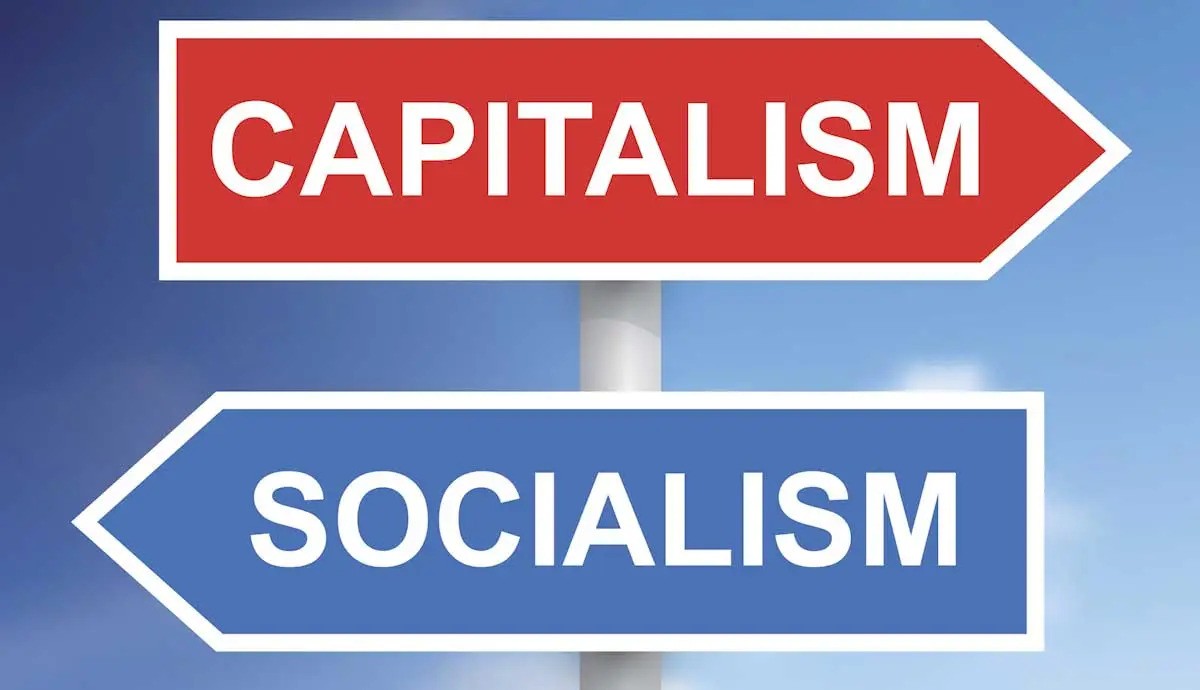Toward a New Global Compact: Beyond Capitalism and Socialism in the Face of Looming Crisis

Photo: Unsplash.com
As the world stands on the brink of a major global crisis, the traditional paradigms of capitalism and socialism are under intense scrutiny. While both systems have undoubtedly shaped the modern world, they have also contributed to significant political and social imbalances. These imbalances manifest in various forms, including economic inequality, environmental degradation, and social discontent. With a global reset predicted by experts, it is imperative to consider the need for a new global project, one that transcends the limitations of capitalism and socialism to foster a more equitable, sustainable, and resilient future. Capitalism has been the driving force behind unprecedented economic growth and innovation. However, its relentless pursuit of profit often comes at the expense of social equity and environmental sustainability. The concentration of wealth in the hands of a few has led to stark inequalities, undermining the social fabric and creating a sense of disenfranchisement among large population segments. Moreover, capitalism’s growth imperative has placed immense strain on the planet’s finite resources, contributing to climate change and biodiversity loss. Socialism, on the other hand, advocates for the redistribution of wealth and state control over key industries to ensure social welfare and equality. While noble in its intentions, socialism in practice has often resulted in inefficiency, lack of innovation, and sometimes authoritarian governance. The suppression of market forces can lead to a misallocation of resources and stifle the entrepreneurial spirit necessary for societal advancement. Both systems, in their purest forms, have failed to address the complex challenges of the 21st century, prompting the need for a new approach.

















